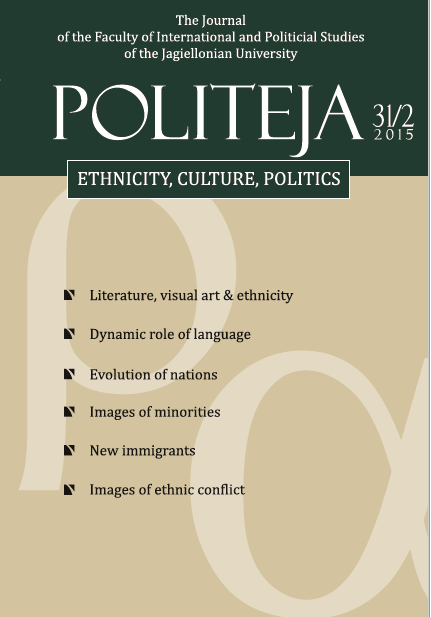Cultural conditioning of the labour market in Saudi Arabia
Cultural conditioning of the labour market in Saudi Arabia
Author(s): Anna Odrowąż-CoatesSubject(s): Politics / Political Sciences
Published by: KSIĘGARNIA AKADEMICKA Sp. z o.o.
Keywords: ethnicity; class; labour market segregation; social order
Summary/Abstract: The present work concerns an anthropological outlook on the political consequences of corporate and economic migration to the Kingdom of Saudi Arabia (KSA) and labour market segregation. The complexity of cultural codes and the clash of customs are discussed in the paper, which is based on a two‑year period of sociological field research conducted in the KSA by the author. The ethnographic materials are enriched by discourse from daily Saudi papers and other international publications. The study contains an insight into race and ethnicity as seen by Saudis themselves and also allows a deeper understanding of the power distribution in this particular modern Islamic society. In the climate of the European economic crisis, the sustained demand for highly qualified migrant workers in the KSA provides a lucrative alternative for specialists across market sectors and this often involves their families. In light of the globalised market, many corporations run multi‑billion dollar contracts inside the Kingdom and relocate their own work force to achieve business goals. The need for specialists and for cheap manual labour from abroad is a direct result of the Saudi education system, together with the work ethic amongst the majority of Saudi nationals, which is heavily influenced by the cultural and sociological consequences of the Wahhabi interpretation of the Quran. This interpretation has a major impact on Saudi society and on migrants, particularly women. The social order is widely supported and successfully reproduced through a united message present in education, the national media and local mosques. Concerns over ethnic divisions are focused on conflicting ideologies, represented in the interactions between newcomers and the indigenous population.
Journal: Politeja - Pismo Wydziału Studiów Międzynarodowych i Politycznych Uniwersytetu Jagiellońskiego
- Issue Year: 12/2015
- Issue No: 31/2
- Page Range: 185-198
- Page Count: 14
- Language: English

